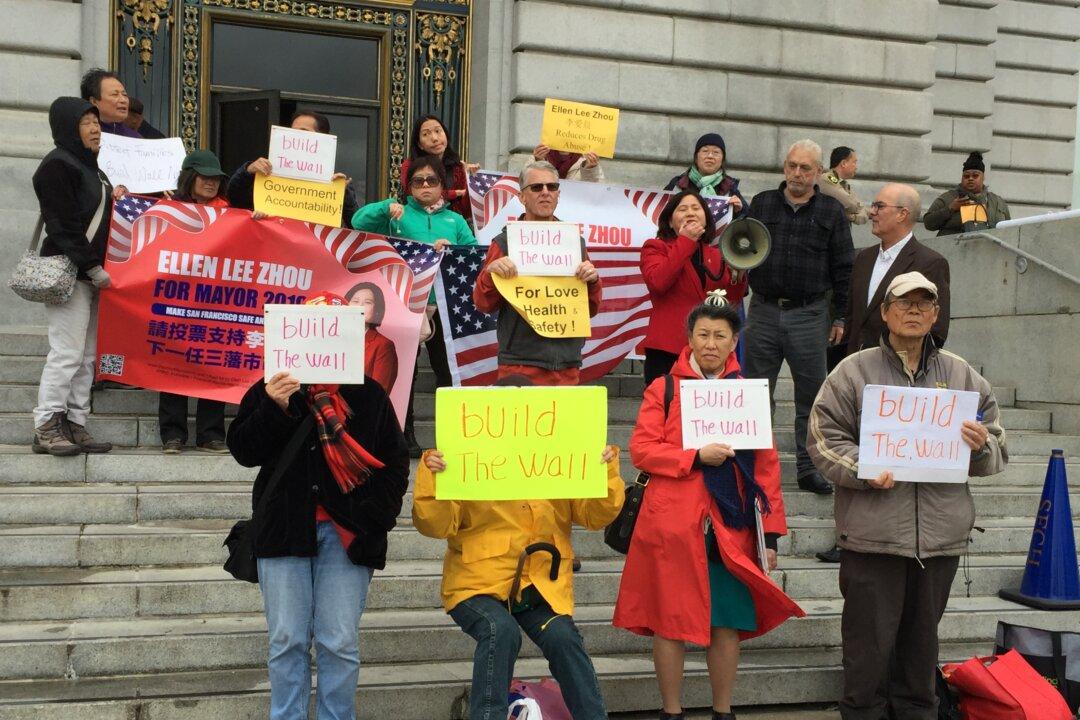Silicon Valley is a dream place where people can turn the impossible to the possible—a place where an Oriental rug merchant can become an influential technology entrepreneur. This was the case for Plug and Play Tech Center founder and CEO, Saeed Amidi.
Headquartered in Sunnyvale, Plug and Play is a well-known startup accelerator in Silicon Valley. Since its opening in 2006, 1,200 startups have entered its door. Many of these small companies have made a name around the world, including cloud-storage platform Dropbox, peer-to-peer lending company Lending Club, online dating service Zoosk, and e-commerce payment company PayPal.
Plug and Play now has over 300 startups in its profile. It has helped small companies connect with over 200 investors and 300 corporate partners. Since 2006, Plug and Play has also helped its startups raise over $2.5 billion in venture funding. How did Amidi make his path from rug importer to successful startup guru? Here are some of his secrets of success.
Iranian Revolution Made an American Entrepreneur
Life is often directed by a series of coincidences. Amidi comes from a wealthy family in Iran that had a very large manufacturing and retail presence in Iran. He came to the United States to study business administration at Menlo College. Originally, he planned to go back to Iran after graduation and create a connection between the two countries, possibly bringing McDonalds or Disneyland to Iran.
Then in 1979, the Iranian Revolution changed his plans completely. The connection between the United States and Iran suddenly disappeared, and his source of finances also disappeared overnight.
Amidi’s father could no longer send him money, so he needed to start a business quickly, he said. He decided to open a small office in Palo Alto for import and export, packing, and a bottled water company—at 165 University Avenue.
Entrepreneurship has always been Amidi’s first response to making a living. When other people might be looking for a job, Amidi would automatically seek to start a business.
“What my family passed on to me,” he said, “was: the culture of running a business is better than working for someone else.”
The “Good Karma Building” Leads Him to the Field of Tech
He also leased his building, 165 University Avenue, to small tech companies—which have now become huge. This rental business also allowed him to step into the tech world.
Google was one of his early tenants, which grew from six people to about 60 during its stay there. After Google moved out, the magical building attracted such companies as PayPal, which was later acquired by eBay; Danger Inc., which produced the first smartphone, T-Mobile Sidekick; and computer peripheral maker Logitech.
There are numerous landlords in the Bay Area who lease their properties to well-known tech companies, but most of them have never become technology entrepreneurs themselves.
“Some of it is accidental,” said Amidi.
In fact, Amidi and his family not only rented space to PayPal and Danger, but also invested in them.
Though Amidi said it was accidental, the family also has some tricks for recognizing good entrepreneurs. He said they met some of their early tenants through their rug business. In their interactions, the Amidis can sense whether a person would be a good entrepreneur. “Some of it is what we see in their eyes, or in their hearts,” he said. “Are they driven, are they passionate to succeed?”
Yet for a tech company, that’s not enough. Amidi believes that in order for the company to succeed, the team has to be technically capable, and the founders need to be financially believable. After those criteria are met, the entrepreneur would be introduced to Amidi’s venture capitalist friends.
“In the case of Dropbox, we showed Dropbox to Sequoia, and when we saw Sequoia being super excited about it, we became super excited about it. In the case of Lending Club, which just filed for IPO, I showed it to Jeff Crowe, of Norwest, which is a really knowledgeable venture capitalist. And when I saw Jeff Crowe being excited about it, we became excited about it.” said Amidi.
Making Connections
Amidi once told the Wall Street Journal that when he was studying in Menlo College, he was surrounded by venture capitalists, but didn’t know any of them. Now he is called the “hottest matchmaker” of startups, venture capitalists, and big corporations.
He recommends to his business development people, “If you go to an event, you have to meet 20 people before you walk out. And you have to ask the 20 people, why did they come to this event, what they are doing, and what are they looking for. And if you do that at any event, may it be an exhibition, may it be a show, you will get the heartbeat of the people in the show.”
He tells them to ask themselves, if you were to collaborate together, could you create value? Could you create a product that people want? Thinking through the scenario of working together—could something big happen?
It was his passion and persistence that impressed the venture capitalists in the beginning. “In fact, when I nowadays meet VCs or a corporate partner, they take me seriously because we have had 2,500 startups go through Plug and Play. Because now I am an investor in Dropbox, Lending Club, Zoosk. But before I built this credibility, I had to only be positive and proactive and passionate that the VCs would be excited to work with me.”
Now Amidi plays golf about twice a week, often with his venture-capitalist friends.
“Even when I was 16, 17 years old, I really enjoyed reading about successful people, reading about people who, let’s say, built something. Even though I heard Steve Jobs was not a very sociable person—but I really respect what he has built, and I love to be friends with people who are smarter than me, with more positive energy than me, as well as more successful than me.”
What Is Success?
“At age 54, I am sometimes so excited about coming to work that I wake up at 5 o‘clock from excitement, and I come to work passionately every day, and I really work hard, sometimes from 7 o’clock in the morning to 7 at night,” Amidi said.
“I think success is to enjoy doing something that makes a big impact in [someone’s] life. I think for example, these 2,500 startup entrepreneurs that have gone through Plug and Play, I hope when you ask them who made a positive impact in their journey—I hope one of them will be Plug and Play.”
For his children, he hopes they will be productive, passionate, hardworking, and driven about whatever subject they decide to pursue.




